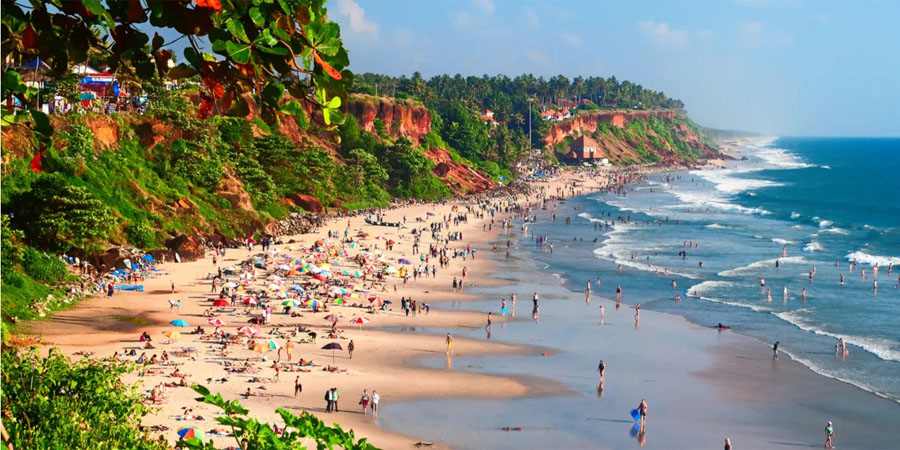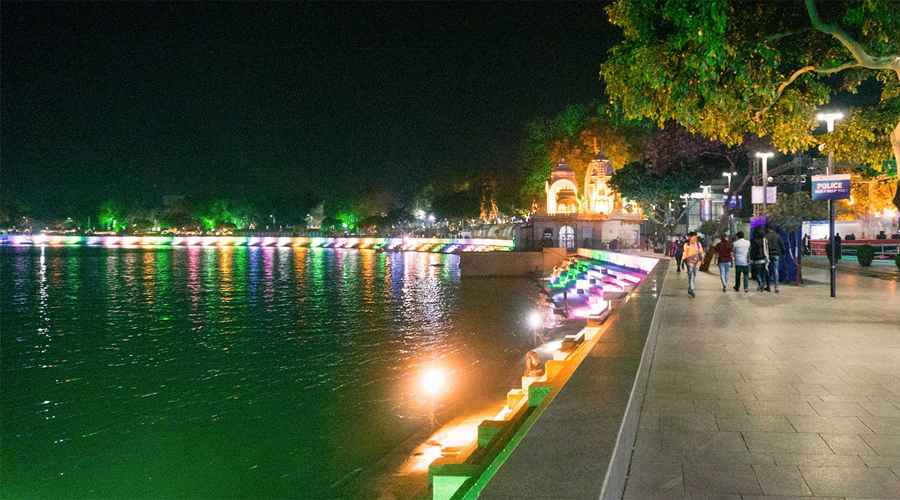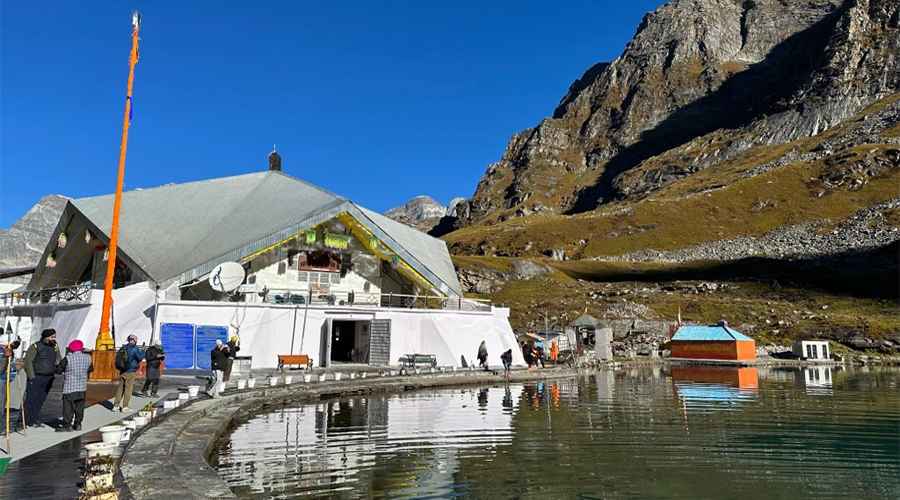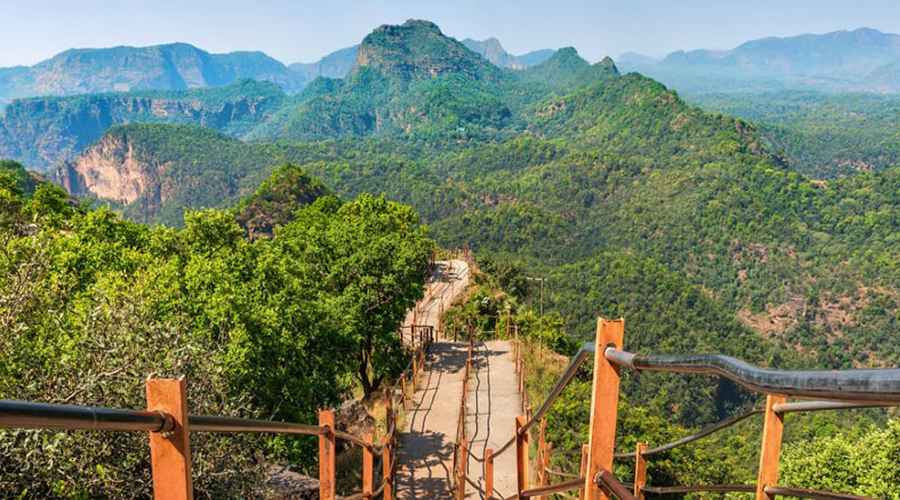Nestled high in the rugged mountains of Sikkim, India, Changu Lake, also known as Tsomgo Lake, is one of the most enchanting and picturesque destinations in the eastern Himalayas. Perched at an elevation of around 12,400 feet (3,700 meters) above sea level, this glacial lake attracts travelers, trekkers, and nature lovers who want to experience its pristine beauty and high-altitude charm. One of the most common questions asked by visitors planning a trip is whether or not there is snowfall in Changu Lake. The answer is a resounding yes—snowfall is quite common here, and it is one of the key features that makes this destination so magical during the colder months of the year.
Understanding Changu Lake’s Geography and Climate
Changu Lake lies approximately 40 kilometers from Gangtok, the capital of Sikkim, and is situated on the old trade route that once connected India with Tibet. Due to its high-altitude location in the Himalayas, the region experiences harsh and cold weather conditions for most of the year. Unlike the plains of India, where winter is marked by cool breezes, this part of Sikkim sees subzero temperatures, icy winds, and heavy snowfall during winter.
The lake itself is fed by melting snow from the surrounding mountains, which means the climate here is largely influenced by glacial activity. During winter months, the lake often freezes over completely, creating a surreal scene where snow blankets the surrounding slopes and ice covers the water.
When Does It Snow at Changu Lake?
Snowfall at Changu Lake usually starts from late November or December as winter sets in and continues until March or early April, depending on weather fluctuations. This period is when the lake area transforms into a snow paradise. Travelers visiting during these months can expect snow-covered landscapes, frozen waters, and chilly winds that make the atmosphere both adventurous and serene.
- Peak Snowfall Months: December to February are considered the prime months to witness heavy snowfall. The surrounding mountains and the pathways to the lake are often blanketed in thick sheets of snow.
- Shoulder Winter Seasons: In November and late March, visitors might experience light snowfall or the remnants of accumulated snow, though conditions are less severe compared to mid-winter.
What Does Snowfall Look Like at Changu Lake?
Those who experience snowfall at Changu Lake often describe it as stepping into a winter wonderland. The deep-blue, mirror-like surface of the lake gets concealed beneath a white sheet of ice during the coldest stretches. Fluffy snowflakes fall gently against the backdrop of towering Himalayan peaks, and the pine and alpine trees around the region appear dusted with silver. The sight is awe-inspiring and feels otherworldly, especially for those who have never witnessed snow before.
During heavy snowfall, the entire landscape becomes silent and serene—broken only by the occasional call of mountain birds or the sound of boots crunching through the snow. It is a mesmerizing experience that leaves a lasting impression.
Accessibility During Snowfall
One of the biggest challenges of visiting Changu Lake during snowfall is road accessibility. Since the lake is located at high altitude and the route passes through winding mountain roads, snow and ice can make travel risky. The roads often require clearing by snowplows, and heavy vehicles fitted with chains are sometimes needed to navigate icy stretches.
Visitors also need a special permit issued by the Sikkim Tourism Department to access Changu Lake since it is located in a restricted area close to the Indo-China border. During spells of heavy snowfall, authorities sometimes restrict access altogether for safety reasons. Hence, anyone planning a trip to witness snow at the lake should check with local tour operators or government advisories.
What to Expect as a Tourist
For tourists who visit Changu Lake in snowy conditions, the experience is magical but also demanding. Here are some things to keep in mind:
- Extreme Cold: Temperatures often drop below freezing, so carrying adequate winter gear is essential.
- Frozen Lake: The lake often freezes completely, offering a unique view distinct from its summer reflection.
- Yak Rides & Local Culture: Visitors can enjoy yak rides around the snowy landscape, a popular attraction in winter. Local vendors also serve hot tea, momos, and butter tea, making the experience comfortable in the harsh climate.
- Photography: Snowfall creates breathtaking scenery with brilliant contrasts of white snow against the dark alpine vegetation and blue skies when the weather clears.
- Altitude Concerns: Some visitors may face symptoms of altitude sickness due to the high elevation combined with extreme cold, so it is important to acclimatize properly and stay hydrated.
Snowfall vs. Other Seasons at Changu Lake
While snowfall is a unique attraction, it is worth noting that Changu Lake is equally stunning in other seasons. In spring (April to May), melting snow reveals vibrant rhododendrons and alpine blooms, turning the area into a burst of colors. In summer (June to September), the skies are clearer, and the lake’s turquoise waters can be seen in their full glory, though monsoon rains sometimes make travel tricky. Autumn (October-November) offers crisp, clear weather with panoramic mountain views before the snow season begins again.
However, for travellers seeking the magical experience of walking across snowfields and seeing a frozen lake glisten in the sunlight, the snowfall season remains unmatched.
Conclusion
So, does Changu Lake experience snowfall? Absolutely—snowfall is a defining feature of this destination’s winter landscape. From late November through early April, the lake and its surroundings transform into a serene snowscape that captivates every traveler. While accessibility can be challenging during this time, those who make the journey are rewarded with one of the most enchanting high-altitude winter experiences in India. Whether you are a photographer, a nature lover, or simply someone longing to witness snow, visiting Changu Lake during its snowfall season is an unforgettable adventure.








